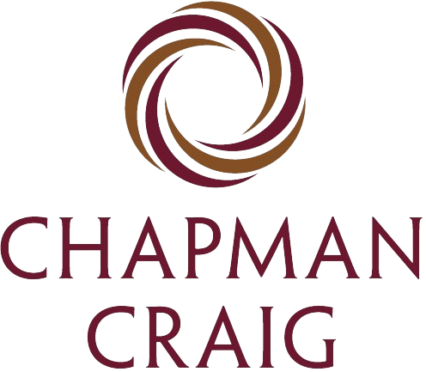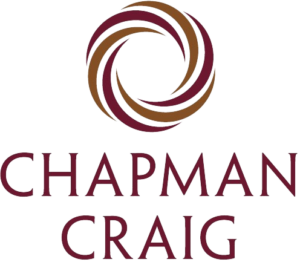
Significant Changes to HK’s Taxation of Certain Offshore Passive Income – January 2023
You may have noticed media headlines warning about substantial changes coming to Hong Kong’s taxation of certain passive offshore income.
The types of income impacted, which includes dividends and capital gains, might initially concern wealth management clients.
However, these changes will not impact individuals nor those that own a HK-based company simply holding passive investments. This note expands on the implications of these tax changes.
Brief Background
Some multinational enterprise groups (MNEs) employ ownership structures and manage affiliate distributions in such a way that business earnings originating in high-tax countries end up not being taxed anywhere. The creative use of double taxation agreements, hybrid products and entities resident in low-tax countries or those that have adopted a territorial-based system of tax, can substantially erode the tax base in the countries where income is originally generated.
The EU, while not attacking Hong Kong’s foreign-sourced income exemption (“FSIE”) regime broadly, is concerned that entities, with essentially no real economic activity taking place in Hong Kong are not subject to passive income derived from offshore affiliates.
The EU placed Hong Kong on its “grey list” of uncooperative jurisdictions for tax purposes, in October, 2021. Hong Kong’s administration has responded by making amendments to its FSIE regime (the Bill dated Oct 28, 2022 is referred to as the Inland Revenue (Amendment) (Taxation on Specified Foreign-sourced Income). Hong Kong’s IRD has also provided an explanatory note available on its website. Legco approved the Bill Nov 2.
Under the revised regime, certain passive income, generated by business operations conducted outside of Hong Kong, and which was not previously taxed upon being remitted to Hong Kong may become taxable if that income, or the income from which it was paid, was not taxed elsewhere.
This can include dividends, capital gains from disposals of equity interests, interest and royalties will become subject to Hong Kong’s profits tax, unless exemptions or exceptions apply. The inclusion of capital gains on the sale of foreign shares is obviously a fundamental change in Hong Kong’s existing tax regime.
The new FSIE regime will apply to Hong Kong resident entities that are part of a corporate group that operates in more than one jurisdiction and which receive passive income in Hong Kong. The Bill defines the type of HK-based entities that are covered; and to grossly simplify, it covers entities that are managed or controlled in Hong Kong, carry on a trade, business or service in Hong Kong and are an affiliate of an MNE group. Accounting concepts are used to help define this affiliate status.
Individuals, local companies or corporate groups operating solely within Hong Kong are not subject to this regime. One would not expect the regime to apply to a HK-entity that has small, passive investments in the publicly-listed shares of many foreign companies. Entities operating under SFC licenses are exempt.
However, trusts are treated as entities. Families have set up international structures that include trusts and holding corporations, where one of those entities is resident in Hong Kong, will have to examine their structure and possible exposure to this new regime.
Specific Exemptions
The receiving Hong Kong entity will be exempt if it meets Economic Substance requirements, a concept which has been employed for a number of years now in offshore tax havens. Whether relevant requirements are met will depend upon the activity undertaken. But generally, if an entity is a pure equity holding company, then complying with corporate filing requirements in Hong Kong may be sufficient, assuming its human resources (actual or outsourced) are adequate. This is not generally seen as burdensome.
If an entity is making strategic or investment decisions with respect to its assets, is managing risks and investing in more than passive equity positions, then it will not be a pure equity holding company. However, Economic Substance safe harbours still exist, but the resources required and the quality of those resources will be heightened. Resource requirements can be outsourced, so long as they are undertaken in Hong Kong and the entity is monitoring their execution. Additional guidance on meeting Economic Substance requirements is expected and will be welcomed.
Even if the Hong Kong’s entity does meet the Economic Substance criteria, there is an additional set of exempting rules, broadly described as the “participation exemption”. Exemption will generally be met if the gains or dividends, or the income from which they were paid, was taxed elsewhere in the hands of an affiliate within the MNE group, at a 15% rate (as a headline rate).
There are no de minimis exemptions, which is unusual for tax regimes designed to deal with MNE tax avoidance.
The new FSIE regime will include anti-abuse provisions; but will also include provisions to deal with scenarios resulting in double taxation. Taxes will be subject to credits for taxes paid overseas, including withholding taxes (and in the case of dividends, on the underlying income generating that dividend). Existing double taxation agreements will apply. But even where a DTA does not exist, the receiving Hong Kong entity should be able to avail itself of the type of credits generally available under DTA agreements (what some are calling a “unilateral tax credit”).
Click here for download version




Recent Comments